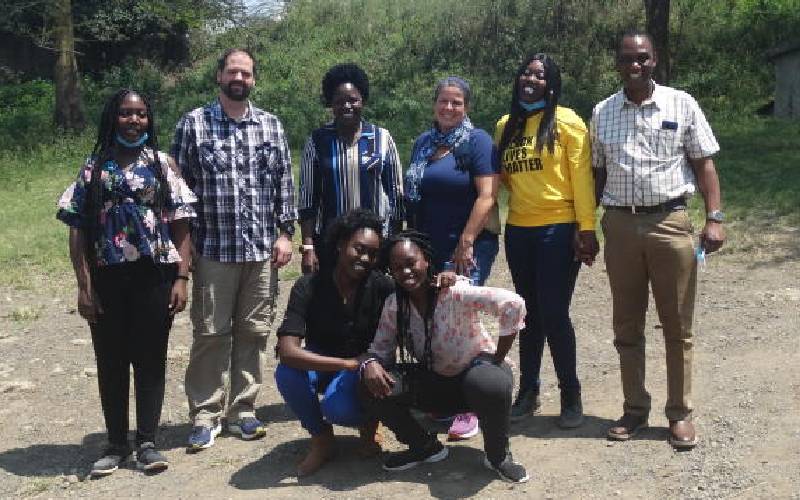×
The Standard e-Paper
Smart Minds Choose Us

Rangwe Member of Parliament Dr Lillian Gogo with her family.
Dr Lillian Gogo has a close relationship with time. She wears two black smart watches, one on each hand. Explaining why would require a whole other interview and would take all day, she tells me.